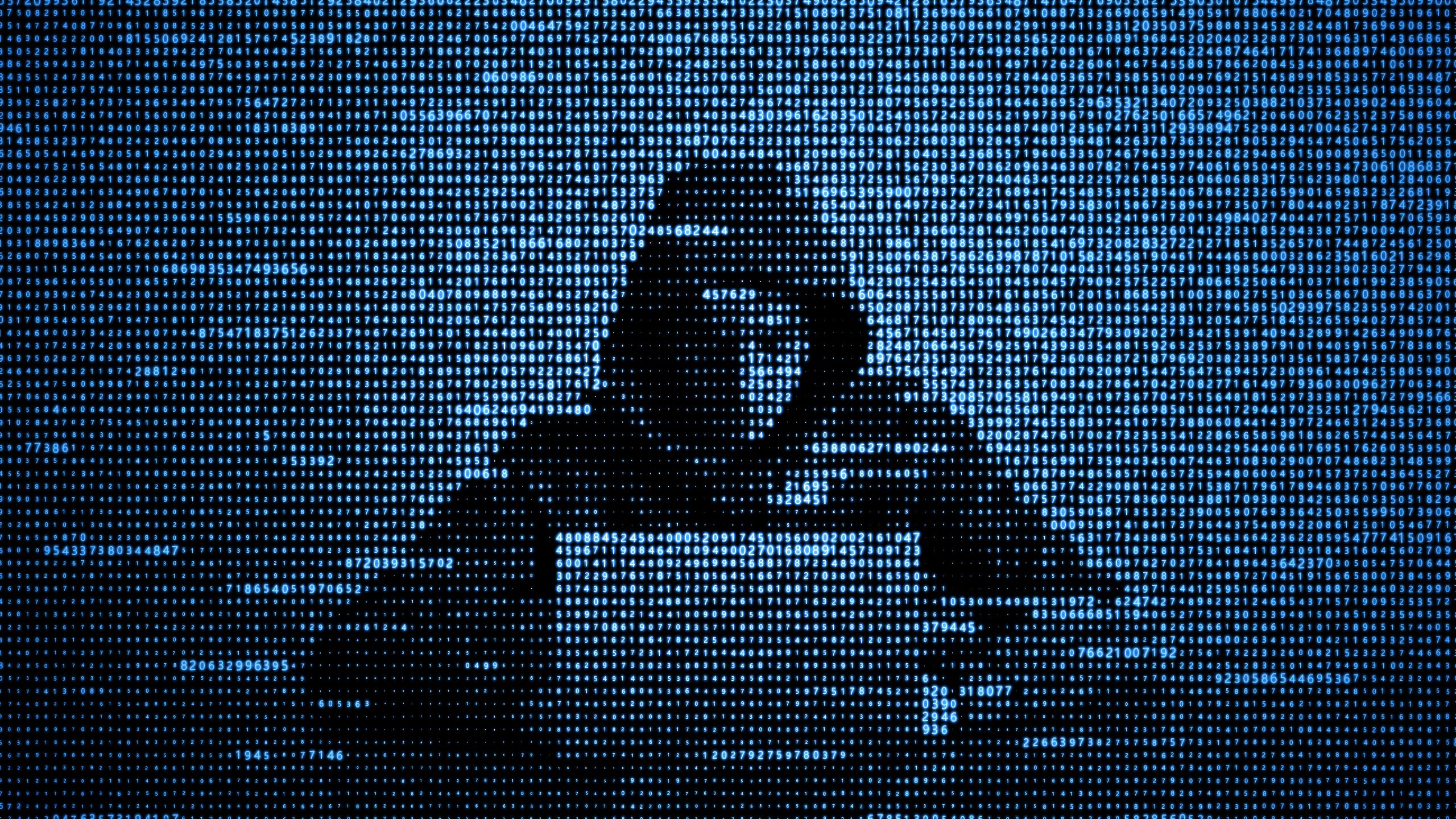Unveiling the Dark Web: Its Role in Cybercrime and Impact on Cybersecurity
The dark web has become infamous due to its association with illegal activities, particularly cybercrime. In this blog post, we delve into the dark web and its involvement in cybercrime.
Understanding the Dark Web
The dark web is a section of the internet that remains unindexed by conventional search engines. Accessible only through specialized software like Tor, it ensures user anonymity. This anonymity often links the dark web to illicit activities, such as trading illegal goods and services, including drugs, weapons, and cybercrime tools.
The Dark Web’s Role in Cybercrime
The dark web is integral to the cybercrime ecosystem, offering a platform where cybercriminals can exchange information and tools while engaging in illegal activities. The anonymity it provides allows cybercriminals to conceal their identities and evade law enforcement agencies.
A prevalent activity on the dark web is the trade of stolen data. Cybercriminals profit by selling personal information, like social security numbers and credit card details, which can then be used for identity theft, fraud, and other criminal acts.
Additionally, the dark web serves as a marketplace for hacking tools and services. Cybercriminals can buy malware, hacking tutorials, and other resources needed to execute attacks. It also acts as a forum for sharing information and coordinating cyberattacks.
Illegal marketplaces on the dark web facilitate the buying and selling of various illicit goods and services, from drugs and weapons to counterfeit items.
Impact on Cybersecurity
The dark web poses a significant challenge for cybersecurity experts. Its anonymity makes it difficult to identify and apprehend cybercriminals, thus enabling them to conduct attacks with relative impunity.
Furthermore, the dark web’s availability of hacking tools and services lowers the entry barrier for less experienced cybercriminals, perpetually evolving the threat landscape. Consequently, cybersecurity professionals must remain vigilant and proactive in their security measures.
Conclusion
The dark web is closely associated with illegal activities, especially cybercrime. It provides a covert platform for cybercriminals to share information, trade tools, and conduct illicit operations. The anonymity it offers complicates efforts to trace and apprehend these criminals, while the accessibility of hacking tools escalates the threat of cyberattacks. Cybersecurity professionals must recognize the risks posed by the dark web and implement robust strategies to safeguard their systems and data.










